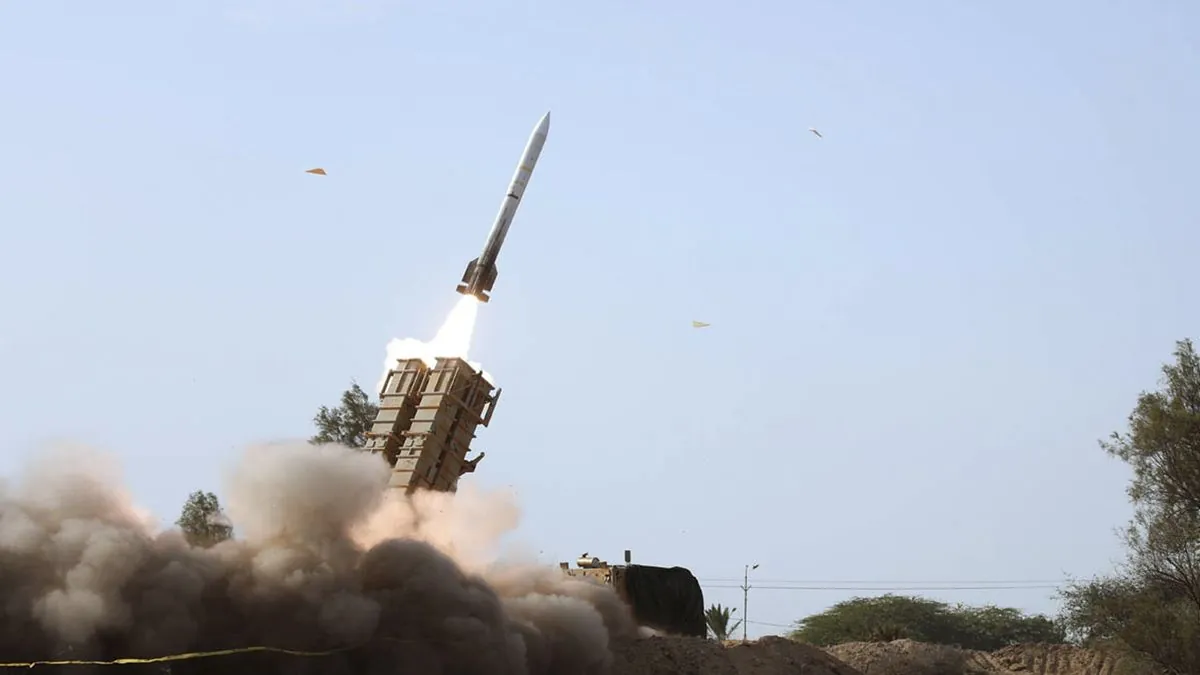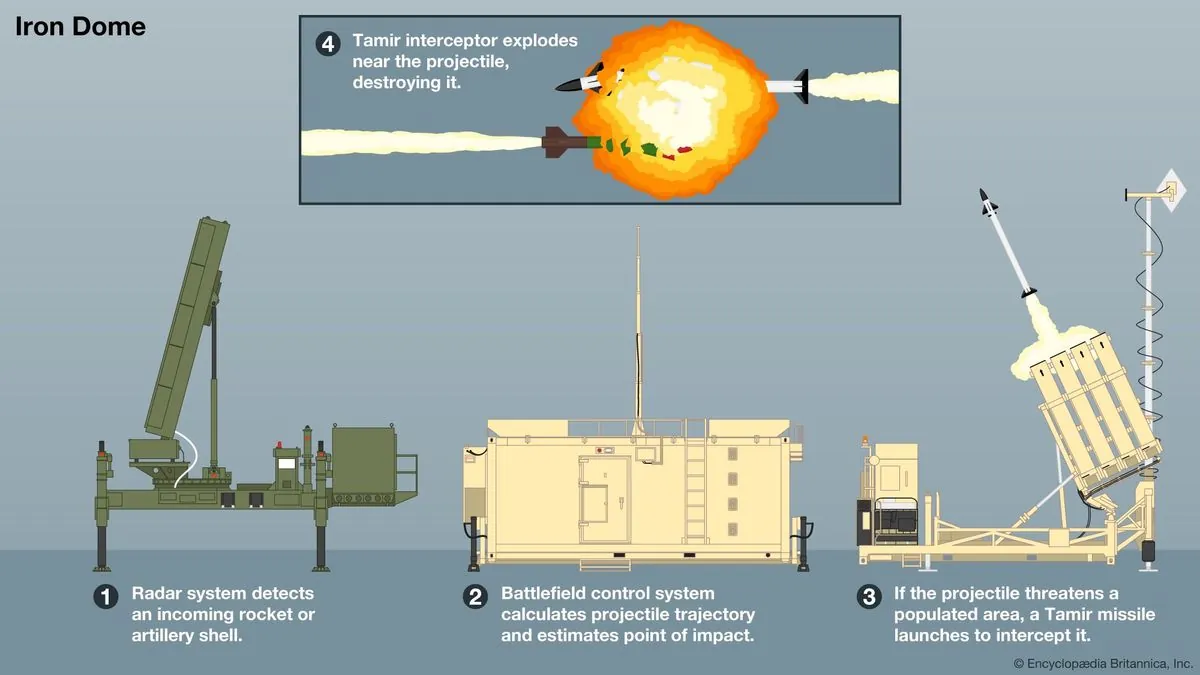Iran Launches Missile Attack on Israel, Prompting Retaliation Threats
Iran fired nearly 200 ballistic missiles at Israel, citing retribution for recent killings. Israel and the US vow consequences, as tensions escalate in the Middle East amid ongoing conflicts.

In a significant escalation of tensions in the Middle East, Iran has launched a large-scale missile attack against Israel, prompting swift responses from both Israeli and American officials. The assault, involving approximately 200 ballistic missiles, marks a dramatic intensification of the long-standing Iran-Israel proxy conflict that has been ongoing since the 1980s.
Benjamin Netanyahu, who has served multiple terms as Israel's Prime Minister since 1996, issued a stern warning in response to the attack. "Iran has committed a grave error, and there will be repercussions," he stated. This statement underscores the seriousness with which Israel views the situation, given its history of conducting covert operations against Iran's nuclear program.
Echoing Israel's stance, Jake Sullivan, the White House National Security Advisor, emphasized that Iran would face "severe consequences" for its actions. This response highlights the enduring alliance between the United States and Israel, which has been a cornerstone of American foreign policy in the region since Israel's establishment in 1948.
The Iranian missile strike was reportedly carried out in retaliation for recent operations resulting in the deaths of high-ranking officials from Hamas and Hezbollah. Hamas, a Palestinian Sunni-Islamic fundamentalist organization founded in 1987, and Hezbollah, a Lebanese Shiite Islamist political party and militant group established in 1982, have long been supported by Iran as part of its regional strategy.

Israel's multi-layered missile defense system, including the renowned Iron Dome, was likely activated to counter this unprecedented attack. This defensive network has been crucial in protecting Israeli civilians from rocket attacks over the years.
The situation is further complicated by Israel's recent military actions in southern Lebanon. Israeli forces have initiated "localized ground raids" aimed at dislodging Hezbollah fighters from the area. This development adds another layer of complexity to the already volatile situation in the region, which has been shaped by events such as the Lebanese Civil War (1975-1990) and ongoing border disputes.
The international community is closely monitoring these events, as they have the potential to impact global geopolitics significantly. The United Nations, which has passed multiple resolutions regarding Israel-Lebanon border conflicts, may be called upon to mediate the escalating situation.
"This evening, Iran made a big mistake — and it will pay for it."
This latest confrontation occurs against the backdrop of broader regional developments, including the Abraham Accords signed in 2020, which normalized relations between Israel and several Arab states. However, the persistent Israeli-Palestinian conflict continues to be a source of regional instability.
As tensions rise, the international community remains concerned about Iran's missile program and nuclear ambitions. The Joint Comprehensive Plan of Action (JCPOA), an agreement aimed at limiting Iran's nuclear program, has been a point of contention in recent years, with various sanctions imposed on Iran by the United States and other nations.
The coming days will be crucial in determining the trajectory of this conflict, with potential implications for the entire Middle East region and beyond.


































